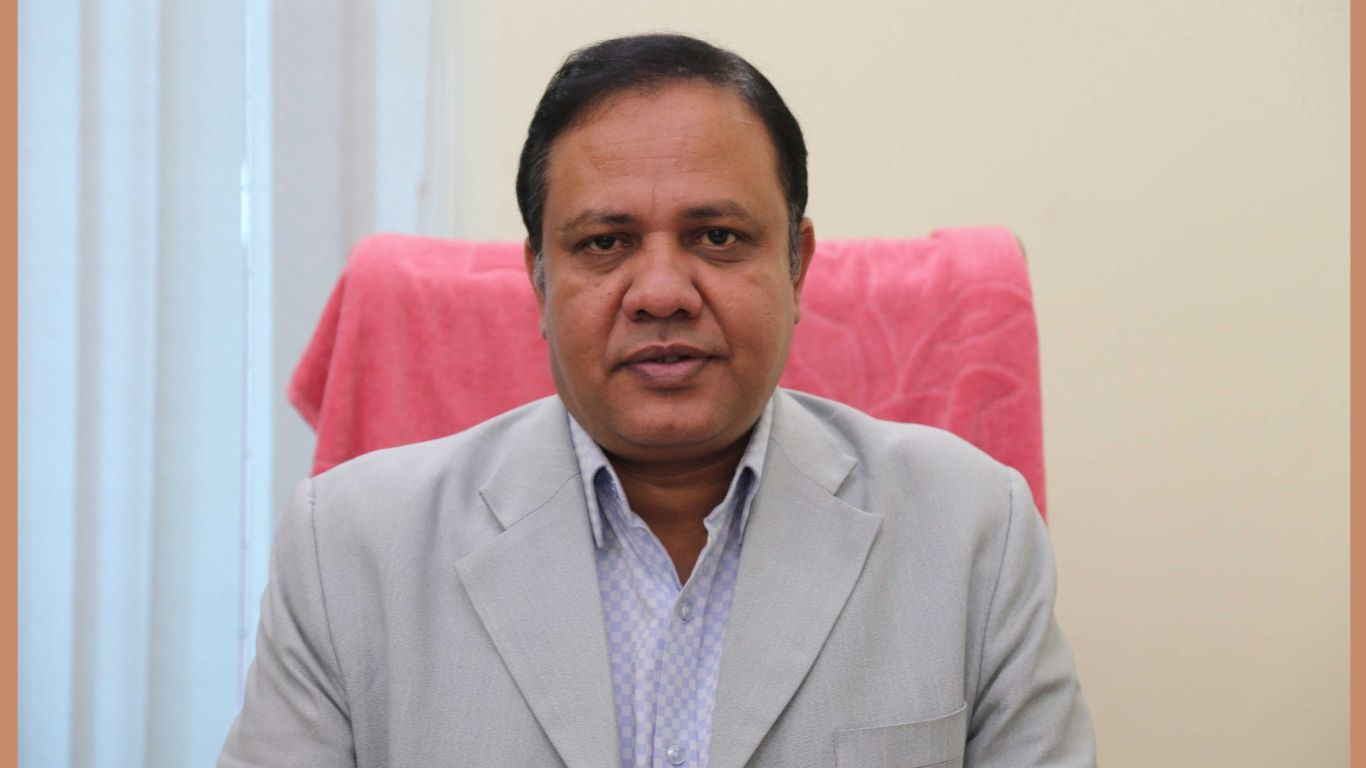15th Anniversary Of Kaler Kantho
The steps needed for freeing society from curses of drugs, crimes
Professor Dr Md Omar Faruk
Published: 13 Jan 2025

Crimes, supported by narcotics, have been impeding social progress and global mobilisation. The proliferation of both the curses is raising the question which one is catalysing the other’s consistent growth. Even though innovative law enforcement tools have expanded to contain the curses, they have not been contained and rather adopted innovative modes themselves.
In this backdrop, multidimensional scrutiny of the roots of the curses is needed, and contribution from all walks of lives is essential to preventing rather than simply repelling these anomalies for ensuring lasting social stability.
To highlight the alarming state of crime in the current society, it is essential to disclose crime-based statistics from the police headquarters, which reveal the grim reality of our society. According to the statistics, in 2023, the country witnessed 3,028 murders and 5,202 incidents of serious crimes like rape.
On average, more than eight murders and over 14 rape cases were reported daily. In addition to rape, over 30 complaints of other forms of violence against women were received each day, leading to a total of 11,037 cases filed. In 2023, the police also recorded 1,384 incidents of robbery. According to the statistics, the highest number of cases were filed under the Narcotics Control Act.
In the past 12 years, nearly 200 parents have been murdered by their drug-addicted children, starkly highlighting the devastating impact of drug abuse on social fragility. Meanwhile, other prevalent serious crimes in society are not decreasing either. For instance, in 2023, 466 cases of abduction were reported, alongside 2,005 smuggling cases. Despite an increase in police personnel and the integration of advanced digital technologies, crime rates are not declining; rather, they are rising, with new forms of crime emerging.
Online crimes such as e-commerce fraud, online gambling, and various types of cybercrimes—including cyberbullying, hacking, phishing, spamming, software piracy, and plagiarism—are raising serious concerns.
From the development of criminology in 18th-century Europe to modern and postmodern times, criminologists have consistently focused on exploring the nature, causes, dynamics, prevention, and control of crime. Over this period, various perspectives have been established to analyze crime, including biological, psychological, social, economic, geographical, institutional, and state-centric approaches.
To address different crimes, tailored strategies must be adopted. The first step is identifying specific social anomalies. For example, why adolescents and adults, educated and uneducated, men and women alike, are increasingly becoming addicted to drugs must be investigated.
Crime analysis must consider not only theoretical perspectives but also the contemporary societal context, lifestyle patterns, dynamics, and inconsistencies. To create a crime-free society, preventive measures must take precedence over control or remediation. Developed nations now prioritize crime prevention through social development. Global criminological trends also emphasize addressing social anomalies over improving police, courts, prisons, or correctional facilities.
For example, in England in 1983, a parliamentary initiative outlined steps to prevent social crime, such as identifying and supporting at-risk and dysfunctional families, improving family relationships, implementing parenting programs, and ensuring quality education, housing, and employment opportunities for adolescents.
Reducing crime rates in Bangladesh also requires collective efforts, involving everyone from ordinary citizens to policymakers. The Ministry of Social Welfare must implement effective programs such as forming neighborhood watch teams, providing housing and employment for homeless and drug addicts, eliminating domestic violence, organizing social and cultural activities, and expanding community service initiatives.
The Ministry of Education must ensure quality education for all, make education more engaging, and reintegrate dropouts into the educational system. The Ministry of Youth and Sports must create employment opportunities for unemployed youth and support them in becoming entrepreneurs. Social and religious institutions must ensure moral and ethical education.
To control drug abuse, its availability must be restricted, and law enforcement and border security forces must prevent its entry through border areas. Urban crime reduction requires urban restructuring, particularly in industrial and residential areas. Large areas must be divided into smaller zones for effective monitoring and intervention.
The police must play an active role in controlling crime across urban and rural areas. To tackle existing crimes and prevent their recurrence, control and remedial measures must be implemented. The police force must undergo internal reforms, from minor issues to large-scale initiatives, to become corruption-free and efficient. Police officers must be genuinely transformed into public servants, not just in terms of organizational reform but also personal mindset changes.
To combat cybercrime, the police must be highly skilled in technological aspects, and measures must be taken to ensure that criminals cannot evade justice due to insufficient evidence.
Ultimately, the responsibility of building a crime- and drug-free society lies with policymakers to devise plans and everyone else to implement them. Viewing all responsibility as solely the government's will never eradicate crime. Every conscious citizen must participate in social reconstruction as a responsible member of society.
The writer is a professor and the chairman of Criminology and Police Science Department at Mawlana Bhashani Science and Technology University

